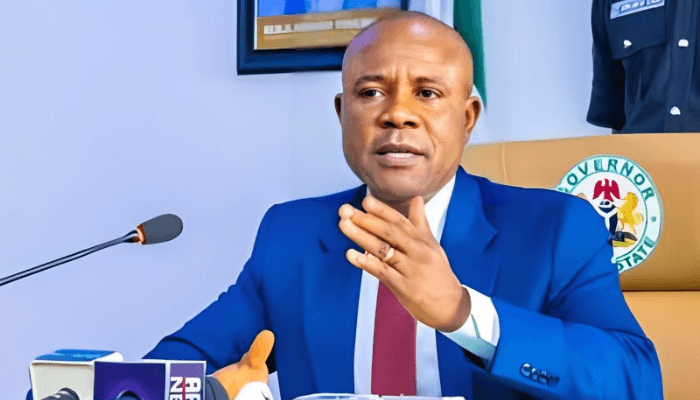Governor Peter Mbah of Enugu State has signed into law the bill to create a one-stop shop for tax collection and administration in Enugu State, thereby ending multiple taxation. Entitled:
‘The Enugu State Internal Revenue Service (Establishment and Consolidation of Revenue Administration) Law, 2025’, the new legislation also makes the revenue collection agency autonomous and free of bureaucratic encumbrances.
Speaking at the short bill signing ceremony at Government House, Enugu, yesterday, Mbah described the law as a milestone in his administration’s quest to enable the ease of doing business and make the state the premier destination for investment.
“I recall several times that I have engaged the business community, the organised private sector, and the market women.
They have always complained about multiple taxation.
People coming from everywhere with different types of government receipts to ask them to pay tax.
That will end today. “With the signing of this bill into law, we now have one revenue collection point, whether for the market women, the organised private sector, and the different agencies of government.
You would have one clear point where to pay your tax and you will be issued with the appropriate receipt of payment.
That means you no longer have any other person coming for the collection of tax.
“It is very important because one of the core indicators of the Ease of Doing Business is to make sure that you have the ease of payment of your taxes and you do not have multiple channels where you are being dragged to pay taxes.”
According to the governor, the new law would effectively consolidate the revenues of the state and local governments, with each tier of government getting what is due to it at the end of the day such as is obtainable in land charges and Value Added Tax (VAT).
He further explained that the Enugu State Inland Revenue Service would henceforth become autonomous.
Mbah took the opportunity to explain that contrary to some misinformation, the massive rise in the state’s IGR was inspired by widening the tax net, plugging revenue leakages, and deployment of technology, rather than increasing tax rates.















